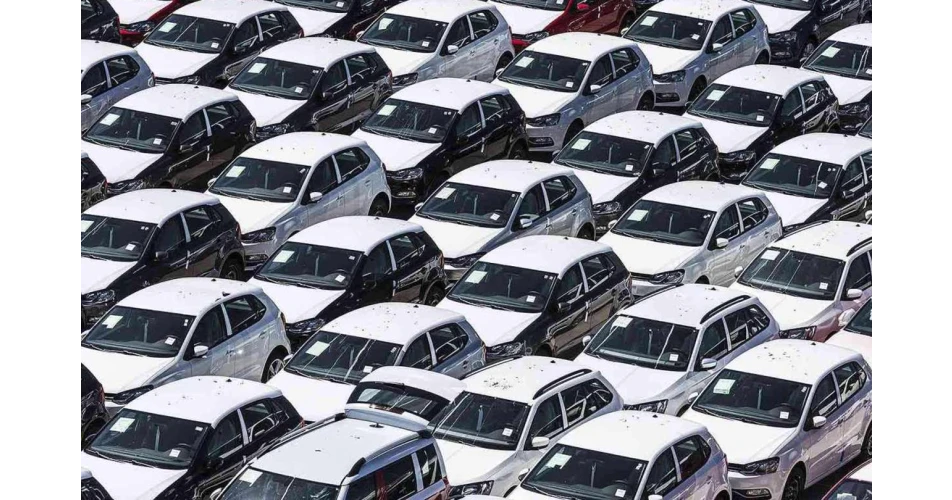Car makers are being faced with the challenges of a huge drop in demand, a move away from traditional vehicle technology and massive debt burdens according to the latest global automotive outlook report by consulting firm AlixPartners. The automotive industry experts say all this comes on top of already-softening automotive markets globally and the effects of the Covid-19 crisis.
The report estimates the industry faces a cumulative volume drop of up to 36 million vehicles from this year to 2022 when compared to 2019 sales, as well as a burden of $72 billion in new debt added since early March of this year. The AlixPartners analysis forecasts car manufacturer sales in 2020 globally will 70.5 million vehicles.
Worryingly the report suggest that of all car makers only 6% were considered financially strong according to its calculations, while 50% were classed as financially stressed.
Mark Wakefield, global co-leader of the Automotive and Industrial Practice at AlixPartners said, “With this sharp drop creating gaping holes in their profit-and-loss statements and ballooning balance sheets, players in this industry should rapidly reduce their true breakeven points.”
Stefano Aversa, chairman of EMEA at AlixPartners added, “The impact of the Covid-19 crisis globally is as if a market the size of all of Europe had vanished for the year. Clearly, automakers, suppliers, mobility players and all others connected to this industry need to be microscopically selective with their capital-allocation decisions, closely and unsentimentally examining each and every program and spend for its cash and profitability implications. To weather the storm, companies need to be courageous, yet forward-looking in their decisions, all the while taking full advantage of any favourable governmental policies available to them.”
Two other interesting points made by the report are:
Investment in autonomous vehicle development will be cut dramatically meaning the technology will be slower to market.
The European Union may well need to reconsider stringent emission targets as car makers will not have the investment funds to achieve them. The report estimates a 21% gap exists between current European Union automotive targets for carbon-dioxide emissions and the industry’s anticipated performance at the end of 2020. Car makers would face 10-14 billion euro fines if a solution is not found.
